Still time to act on climate, says IPCC
Global carbon dioxide emissions are still rising but the rate of increase is slowing as billions of tonnes each year are being saved in developed countries, a major report says.
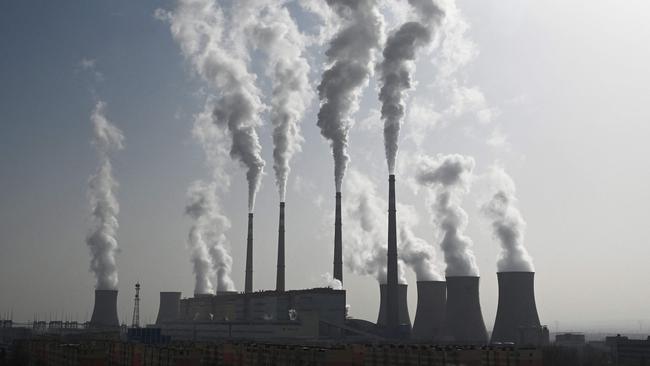
Global carbon dioxide emissions are still rising but the rate of increase is slowing as billions of tonnes each year are being saved in developed countries, a major report by the Intergovernmental Panel on Climate Change states.
Scientists who worked on the IPCC Synthesis Report say global emissions could be halved by 2030 for less than $100 a tonne.
The Synthesis Report, which brings together years of work and six major reports on climate science and adaptation, has again emphasised that the world must act urgently to reduce greenhouse gas emissions to avoid rising temperatures and negative impacts on humans and natural systems.
Emissions cuts made in developed countries including the US, Europe and Australia are being swallowed by increases in China, India and the developing world.
The different treatment of the developed and developing world continues to be a major sticking point at IPCC negotiations, including for the Synthesis Report.
The report states that human impact on the world’s climate is more certain than ever, with future generations likely to experience four times as many extreme climate events in their lifetime than their grandparents.
It also states that there is very high confidence that climate change is a threat to human wellbeing and planetary health.
But the tone adopted by the IPCC in releasing its latest report is that it is still not too late to act.
“There are multiple, feasible and effective options to reduce greenhouse gas emissions and adapt to human-caused climate change, and they are available now”, the IPCC scientists said.
“Mainstreaming effective and equitable climate action will not only reduce losses and damages for nature and people, it will also provide wider benefits,” panel chair Hoesung Lee said.
“This Synthesis Report underscores the urgency of taking more ambitious action and shows that, if we act now, we can still secure a liveable sustainable future for all.”
Already months overdue, the IPCC meeting held in Interlaken, Switzerland to finalise the report went two full days past its scheduled conclusion date.
Negotiations included disputes over the different treatment of developed and developing countries.
ANU professor Mark Howden, who helped edit the IPCC Synthesis Report and was present in Switzerland, said the document confirmed humans were unequivocally increasing greenhouse gas emissions leading to record concentrations in the atmosphere, which was increasing global temperatures and driving widespread, rapid and substantial changes right across the globe.
These effects include rising sea levels, climate extremes and changed agricultural productivity.
“Impacts on balance are negative rather than positive”, Professor Howden said.
The IPCC report found that natural variability would continue to modulate human-caused climate changes but would have little effect on centennial-scale global warming.
It found human-caused climate change was already affecting many weather and climate extremes in every region across the globe. This has led to widespread adverse impacts and related losses and damage to nature and people.
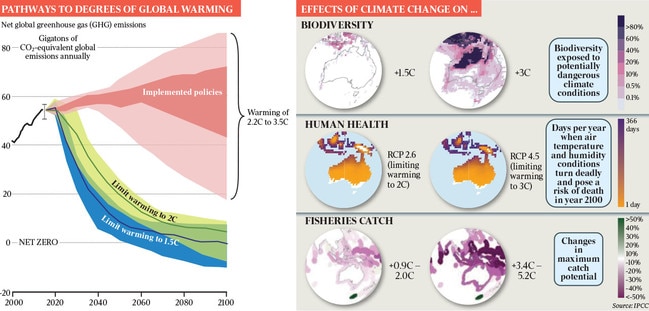
It states human influence has likely increased the chance of compound extreme events since the 1950s, including increases in the frequency of concurrent heatwaves and droughts.
Professor Howden said a child born today was “likely on average to experience three to four times as many more extreme climate events in their lifetime than their grand parents did”.
IPCC report lead author and ANU professor Frank Jotzo said: “We are up the proverbial creek but we do have a paddle. Emissions are rising but the pace has slowed.”
He said it was possible to halve emissions globally between now and 2030 at a cost of less than $US100 a tonne, four times the current price in the offset market.
According to the report, all global modelled pathways to limit warming to 1.5C or 2C involved rapid and deep and, in most cases, immediate greenhouse gas emissions reductions in all sectors this decade. It states if warming exceeds 1.5C, it can gradually be reduced again by achieving and sustaining net negative global CO2 emissions. This would require additional deployment of CO2-removal technologies.
The IPCC best estimate is that for every 1000Gt of CO2 emitted by human activity, global surface temperature will rise by 0.45C.
The remaining carbon budgets from the start of 2020 are 500Gt of CO2 for a 50 per cent likelihood of limiting global warming to 1.5C, and 1150Gt of CO2 to limit warming to 2C. If CO2 emissions between 2020-30 stayed, on average, at the same level as 2019, the carbon budget to limit warming to 1.5C would be exhausted.


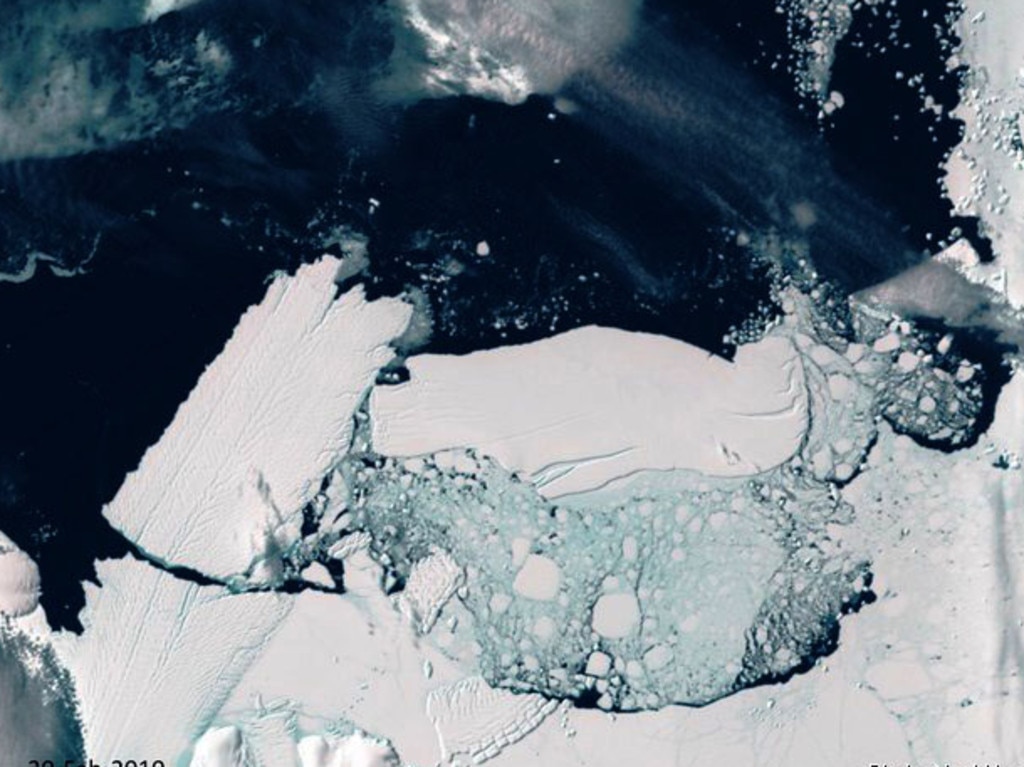
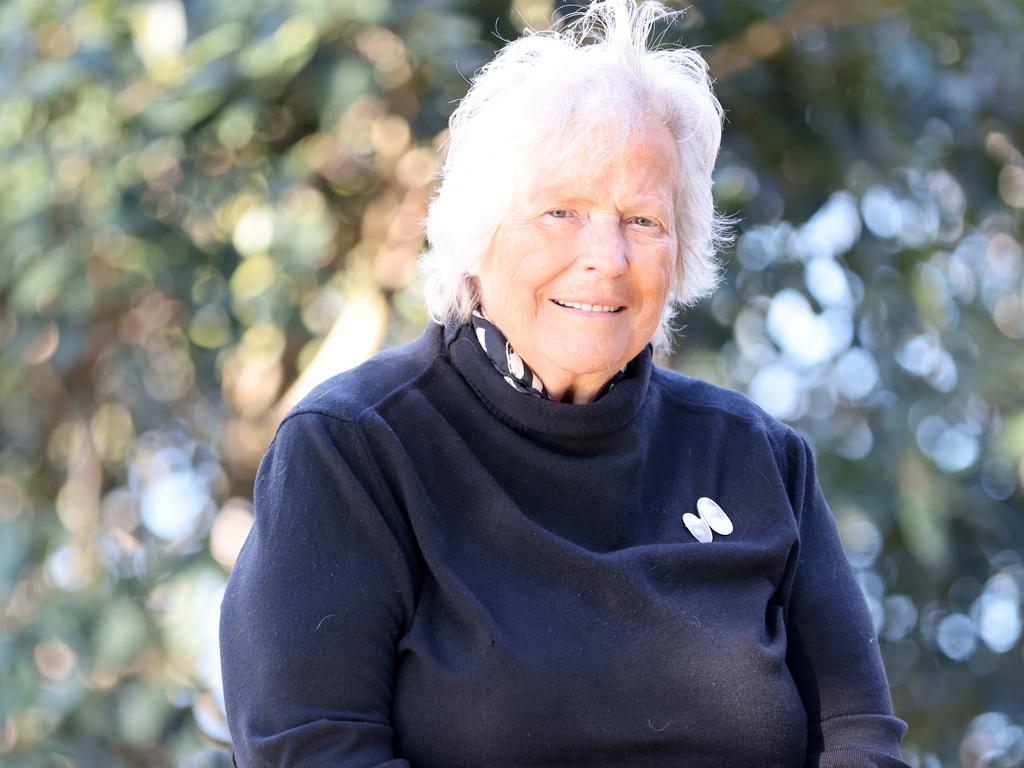
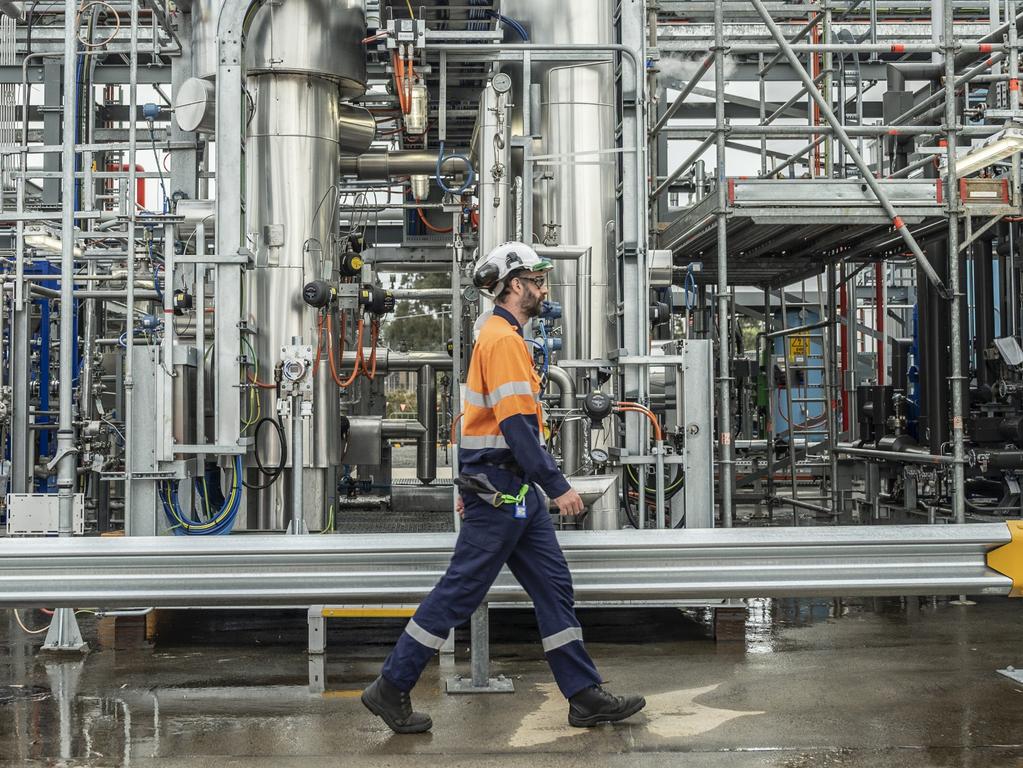
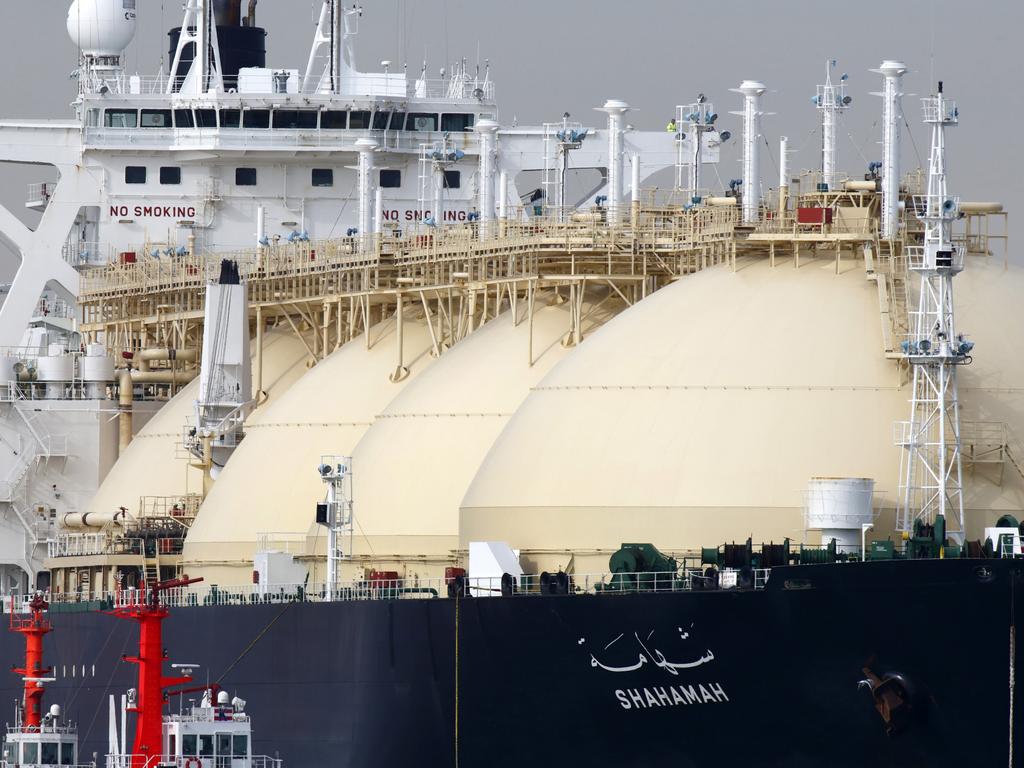


To join the conversation, please log in. Don't have an account? Register
Join the conversation, you are commenting as Logout